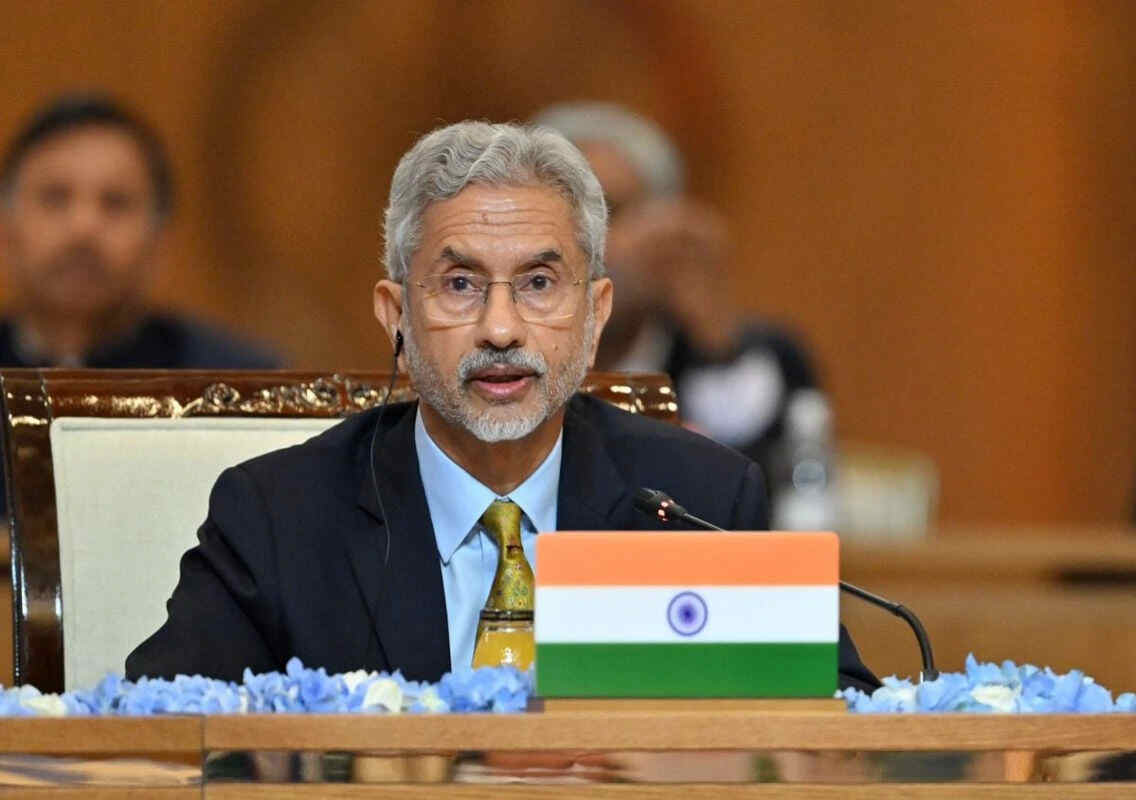India’s Foreign Minister, Dr. S Jaishankar, made a strong case for India’s inclusion as a permanent member of the United Nations Security Council, stressing that reforms in global institutions are essential for establishing a fairer world order.
During the BRICS Summit, Dr. Jaishankar remarked, “BRICS showcases how deeply the traditional global order is evolving. However, many historical inequalities still remain, and some have taken on new forms. We can observe this in unequal access to development resources, advanced technology, and skills. Moreover, the advantages of globalization have not been evenly distributed.” He emphasized that the COVID-19 pandemic and ongoing conflicts have disproportionately affected the Global South, particularly in areas like healthcare, food, and fuel security.
#WATCH | Russia | Speaking at the 16th BRICS Summit in BRICS plus format., in Kazan, EAM Dr S Jaishankar says, "Addressing conflicts and tensions effectively is a particular need of the day. Prime Minister Modi has emphasized that this is not an era of war. Disputes and… pic.twitter.com/CemzYIcEBi
— ANI (@ANI) October 24, 2024
Urgency to Meet Sustainable Development Goals
Dr. Jaishankar also expressed concern that the world is at risk of falling far behind in meeting its sustainable development goals. He asked, “How can we establish a more just global system?” His answer: by enhancing and broadening independent platforms, giving more alternatives in various sectors, and reducing unnecessary reliance on entities that could be exploited. “This is where BRICS can play a vital role in supporting the Global South,” he explained.
He further argued that reforms should not stop with the UN Security Council. “Established global institutions, including the multilateral development banks, need an overhaul. Their outdated operational models, much like the UN’s, no longer meet current global needs,” Jaishankar added.
Growth and Challenges in Production and Consumption
In his address, Dr. Jaishankar acknowledged that despite the ongoing transformations in global dynamics, several long-standing issues have only become more complicated. “We are witnessing increasing diversity in both production and consumption. Countries that once fought for independence from colonialism have accelerated their socio-economic development. New capabilities are being utilized, tapping into a broader pool of talent. This has led to an economic, political, and cultural shift, bringing us closer to achieving genuine multi-polarity.”
Jaishankar Echoes Modi: “This is Not an Era of War”
Dr. Jaishankar also emphasized the importance of addressing conflicts and tensions effectively in today’s geopolitical landscape. Reiterating Prime Minister Modi’s stance, he said, “This is not an era of war.” He further explained that disputes should be resolved through diplomatic dialogue. “Once agreements are reached, they must be honored with sincerity. International law must be followed without exceptions, and there should be zero tolerance for terrorism,” he stated.
Addressing the situation in West Asia, Jaishankar pointed out that the region is of particular concern due to the risk of the conflict escalating. “There is widespread concern that the conflict may expand further in the Middle East. Maritime trade has already been severely impacted, and the humanitarian and material consequences are significant. Any solution must be both fair and sustainable, moving toward a two-state solution,” he concluded.







